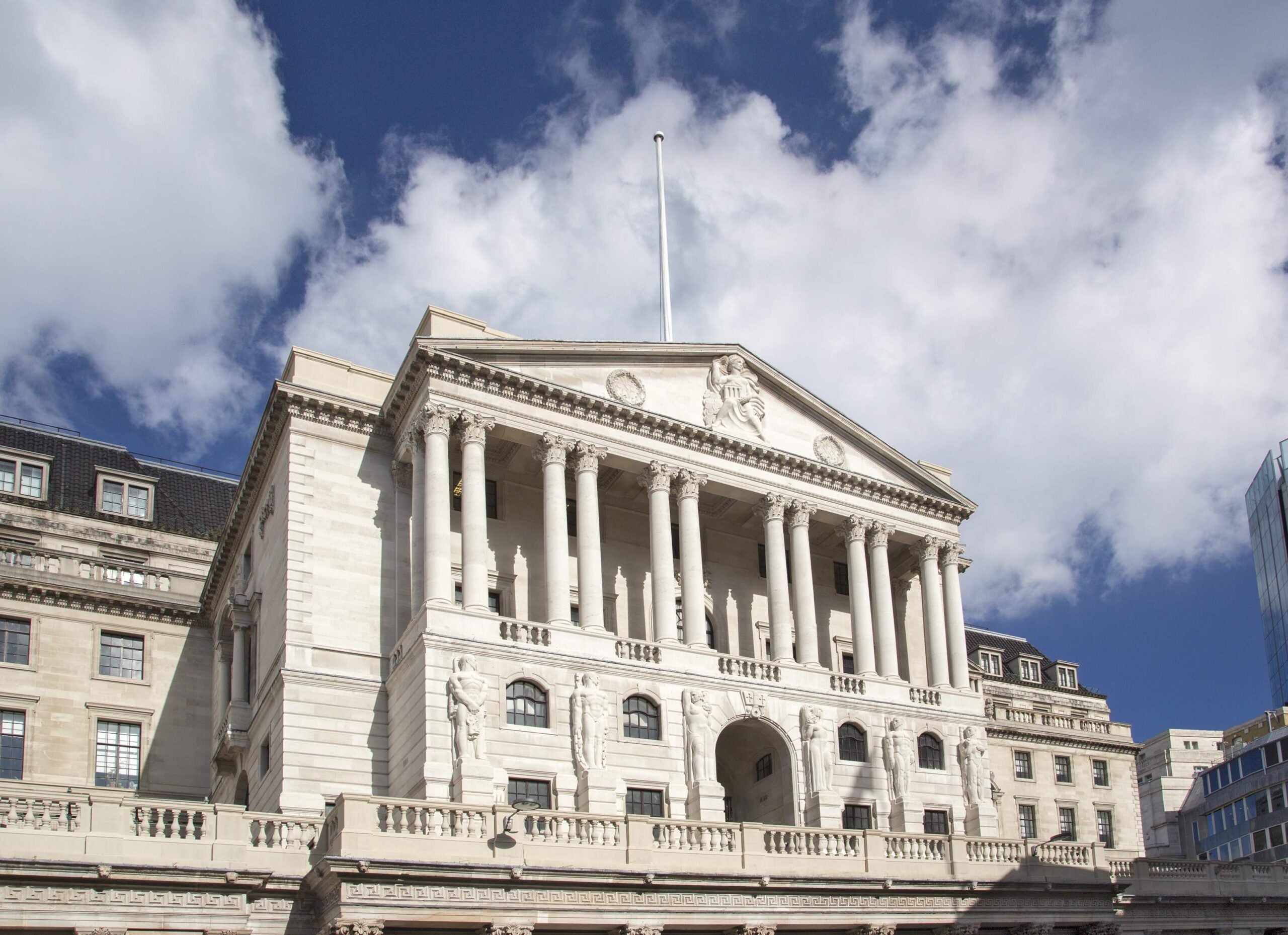
Sam Woods, chief executive of the Prudential Regulation Authority (PRA), has warned that the Bank of England (BoE) doesn’t have the resources to handle the consequences of Brexit.
Woods is leading an assessment of 401 firms’ Brexit contingency plans — 147 of the companies under review are banks or investment banks and 254 are insurers.
Woods, also a deputy governor of the BoE, wrote in a letter to the UK Parliament’s Treasury Committee today. He said:
The authorisation, and then the ongoing supervision, of a significant number of additional firms is likely to place a material extra burden on the PRA’s resources.
“It is incumbent on us to manage this burden but we may have to make some difficult prioritisation decisions in order to accommodate it,” he added in the letter responding to a request from the committee chair Nicky Morgan for details of how banks and insurers are preparing for Brexit.
The PRA, which will inherit the task of overseeing firms currently doing business in the UK, is in the process of evaluating how moving jobs and business away from Britain could pose risks to the country’s financial stability.
How well do you really know your competitors?
Access the most comprehensive Company Profiles on the market, powered by GlobalData. Save hours of research. Gain competitive edge.

Thank you!
Your download email will arrive shortly
Not ready to buy yet? Download a free sample
We are confident about the unique quality of our Company Profiles. However, we want you to make the most beneficial decision for your business, so we offer a free sample that you can download by submitting the below form
By GlobalDataBrexit could means banks have to “be able to withstand, and continue lending in, an environment of higher loan impairments, increased risk of default and lower asset prices and collateral values,” Woods wrote in his letter.
As financial firms restructure their operations in light of the Brexit vote, it is important “to ensure that these structures do not impede supervisability or resolvability,” he added.
To make the process of leaving the EU less disruptive, Woods urged the UK government to give financial companies an implementation period to adjust after Brexit.
Some form of implementation period is desirable, in order to give UK and EU firms more time to make the necessary changes to adjust to the UK’s new relationship with the EU in an orderly way.
The UK chancellor Philip Hammond has said that he is in favour of a transition period of up to three years after Britain officially leaves the EU in March 2019.
“There will be a process between the date we leave the EU and the date on which the new treaty-based arrangements between the UK and the EU which we hope and expect to negotiate come into force,” Hammond told BBC Radio 4’s Today programme last month.







